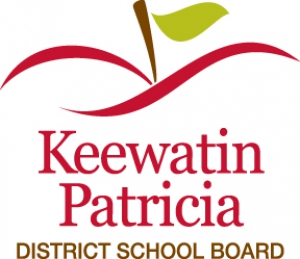KPDSB provides update on PowerSchool Data Breach
15 Jan. 2025
File a report now.
Apply today.
Who can sit on a Parent Involvement Committee?
The PIC is a parent-led committee. The chair and co-chair(s) are parents and the majority of members are parents. The director and a trustee are also members of the PIC to provide a direct link to the board. The PIC may appoint up to three community members. PICs decide whether to include other members, such as principals, teachers and support staff to suit local needs. Parent members serve for a term of one or two years and must be the parent or guardian of a pupil enrolled in a school of the board that established the PIC.
May I attend meetings?
PICs meet at least four times a year. Meetings are open to the public, and are held in a location accessible to the public. Those who wish to observe, and learn first-hand about the operation of the PIC are welcome to attend meetings. Notices of when and where meetings are to be held, as well as minutes of past meetings are posted on the board’s website.
How do PICs differ from school councils?
School councils are school-based structures. PICs focus on things that affect more than one school and link parents with the school board’s director of education and trustees. The PIC provides advice to the board on parent engagement, communicates with and supports school councils, and undertakes activities to help parents in the board support their children’s learning at home and at school.
PICs actively support school councils by enhancing their role in fostering parent engagement, building capacity and sharing information.
Is the work of PICs guided by education policy?
Yes. Like all education partners, PICs play an important role in fulfilling the vision and goals of Ontario’s parent engagement policy to support student achievement. Parents in Partnership: A Parent Engagement Policy for Ontario Schools, can be found on the ministry website. PICs are also guided by Ontario Regulation 612/00, as amended.
How do PICs help the education system?
The positive results of a genuine partnership between parents and schools include improved student achievement, reduced absenteeism, better behaviour and increased confidence among parents in their children’s schooling. The Ministry of Education, district school boards and schools benefit not only from the important work parents do to support their children’s learning, but also by seeking and considering parent perspectives at the provincial, regional and local levels.
Where can I learn more?
Visit the ministry website to learn more about Parent Involvement Committees and parent engagement in Ontario schools and school boards.
KPDSB provides update on PowerSchool Data Breach
15 Jan. 2025
KPDSB responds to PowerSchool data breach
09 Jan. 2025
KPDSB Participates in 2025 Pre-Budget Consultations
11 Dec. 2024
